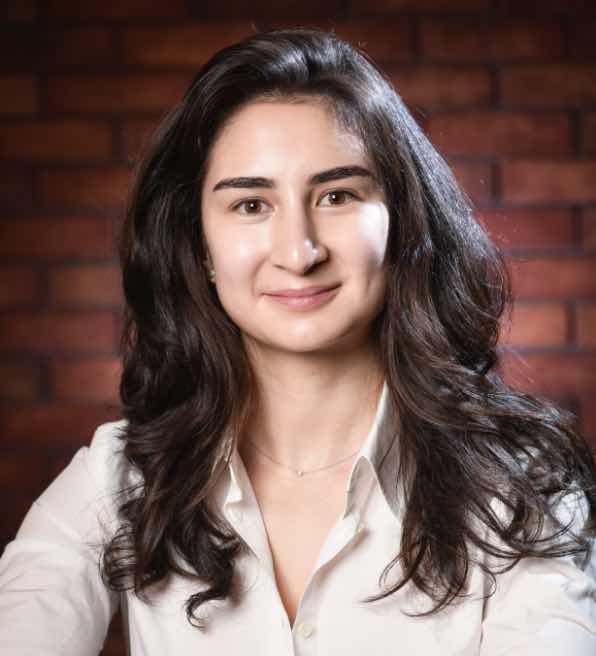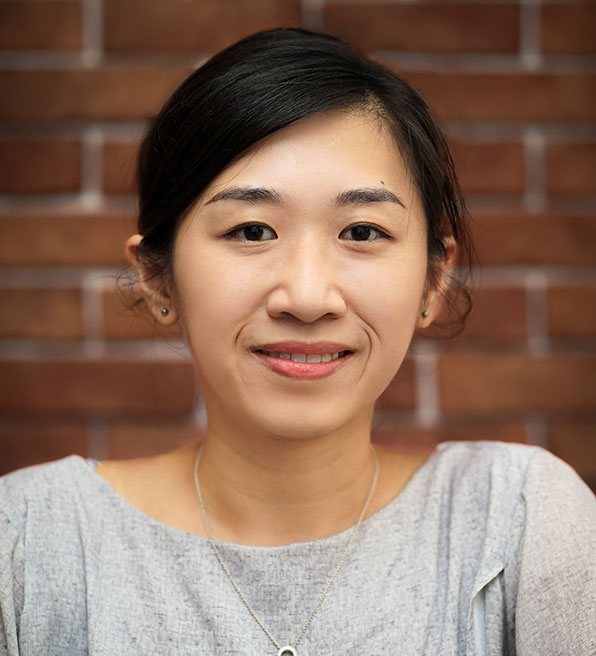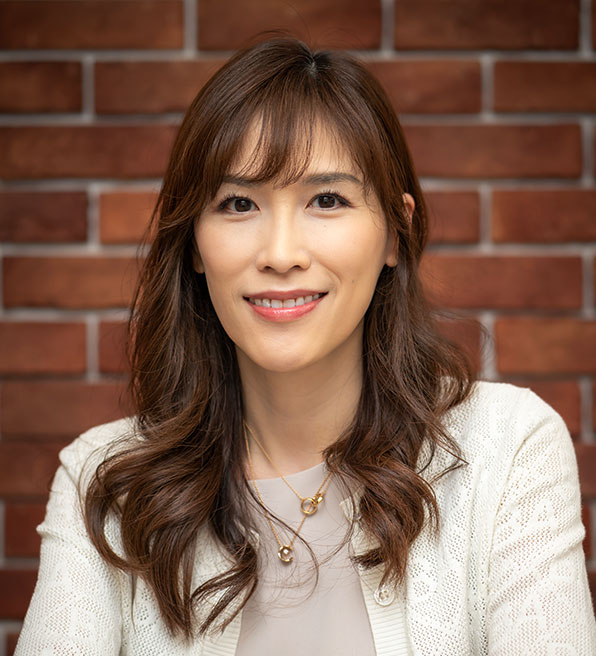Table of Contents
Understanding Post Traumatic Stress Disorder (PTSD)
What is post-traumatic stress disorder (PTSD)?
Post-Traumatic Stress Disorder (PTSD) is a mental health condition that can develop after an individual experiences or witnesses a traumatic event, which can be stressful, distressing or frightening. This event could be a life-threatening situation, a serious accident, a natural disaster, or a violent assault, but is not limited to these situations.
Many individuals silently carry the emotional weight of a trauma, without reaching out for help. Recognising the symptoms of PTSD and then reaching out for help through therapy or counselling in Hong Kong is the first step in working through your trauma.
Who is affected by Post Traumatic Stress Disorder (PTSD)?
PTSD can affect anyone, regardless of your age, your gender, or your background. People respond to traumatic events in various ways. Some individuals may experience the impact of a traumatic experience immediately, while others may not notice the effects until much later. The timing of symptom onset can vary greatly from person to person.
If you or someone you care about is dealing with the effects of a traumatic experience, seeking assistance from a mental health professional who specialises in trauma-informed care is crucial. With appropriate support and treatment, individuals can effectively manage their symptoms and begin the healing process, no matter when those symptoms arise.
No matter when symptoms appear, seeking therapy with a trauma informed therapist can help you find relief from the symptoms you experience.
What Are the Symptoms Associated with PTSD?
PTSD symptoms are typically categorised into four main groups:
- Intrusion Symptoms: These include intrusive memories, flashbacks, and distressing dreams related to the traumatic event. Individuals may feel as though they are reliving the experience, which can be deeply unsettling.
- Avoidance Symptoms: People with PTSD often avoid reminders of the trauma, including places, people, or activities that trigger distressing memories. This can lead to social isolation and emotional numbing.
- Negative Changes in Thinking and Mood: This may involve persistent negative thoughts about oneself or others, feelings of hopelessness, and difficulty experiencing positive emotions. Individuals may also struggle with memory issues related to the trauma.
- Changes in Arousal and Reactivity: Symptoms in this category can include heightened irritability, difficulty sleeping, hypervigilance, and exaggerated startle responses. These reactions can make daily life challenging and stressful.
Benefits to Seeing A Trauma Informed Therapist in Hong Kong
If you’re experiencing flashbacks, anxiety, emotional numbness, or difficulty functioning after a traumatic experience, please reach out to one of our therapists that specialises in working with PTSD for help.
Central Mind’s Trauma Therapists Can Help You With:
- A safe, judgment-free space to process trauma
Professional therapy allows you to explore difficult memories without fear or shame, at your own pace. - Evidence-based treatment approaches
Therapists often use tools like Cognitive Behavioural Therapy (CBT) and EMDR to help rewire trauma responses and reduce distressing symptoms. - Coping strategies tailored to you
Learn personalised skills to manage flashbacks, regulate emotions, and re-engage with daily life and relationships. - Support navigating Hong Kong’s healthcare system
Therapists can help you explore whether additional psychiatric or medical support is needed, and guide you through options available locally.
Why Choose Central Minds?
Central Minds is a unique Hong Kong-based private psychology practice that aims to provide the highest standard of care to every client. Our expertly trained psychologists and counsellors have years of experience working with trauma and assisting individuals who are struggling with PTSD.
What Does Our Treatment For PTSD Look Like?
Treatment for PTSD typically involves psychotherapy, which can be highly effective in helping individuals process their experiences and develop coping strategies.
Common therapeutic approaches include:
Cognitive Behavioural Therapy (CBT): This therapy focuses on changing negative thought patterns and behaviours associated with PTSD.
Eye Movement Desensitisation and Reprocessing (EMDR): This approach helps individuals process traumatic memories by using guided eye movements.
In some cases, medication may also be prescribed by a psychiatrist to help manage symptoms, particularly if they are severe or persistent. Our therapists will work closely with you to determine the most appropriate treatment plan tailored to your own individual needs.
Meet Our PTSD Counsellors & Therapists in Hong Kong

Dr. Aurélie Comes
Clinical Psychologist & CBT Therapist
Aurélie is an experienced Cognitive Behavioral Therapist (CBT) who trained and worked in the UK’s National Health Service. In addition to her CBT specialty, she also qualified as an Eye-Movement Desensitization Reprocessing (EMDR) Practitioner.
Aurélie has extensive experience in private and public health inpatient and outpatient settings and worked in specialist world-renown clinics in the UK with clients experiencing mild to severe difficulties (e.g. depression, anger management, substance misuse, sleep problems, life adjustments, individual relationship difficulties).
Dr Elaine Ching
Clinical Psychologist
Specialises in complex trauma, relational issues, persistent mood difficulties and feelings of inadequacy or emptiness
Dr. Ching is a UK trained Clinical Psychologist, offering support to adults with difficulties around anxiety, low mood, stress and burnout, self-esteem, childhood or event specific trauma, interpersonal relationships, and life adjustments (e.g. relocation, grief, chronic physical health, third culture kids). She also has experience with individuals with emotional dysregulation and high sensitivity (HSP).


Teresa Chan
Cognitive Behavioural Psychotherapist
Teresa is an accredited Cognitive Behavioural Psychotherapist with over 10 years of experience working in the field of clinical mental health. She has a background in Psychology at both an undergraduate and master’s level and completed her training in the UK, where she specialised in the field of Cognitive Behavioural Therapy. Being originally from the UK, Teresa is a native English speaker, but can also communicate in Cantonese.
Dr. Christine Mok-Lammé
Clinical Psychologist
Dr. Mok-Lammé is a US trained clinical psychologist licensed in the States of Colorado and Massachusetts. She has worked in the field of psychology in various settings since 2012. She has a wealth of experience working with adults who face difficulties due to complex traumas, challenging family dynamics, and relationship problems.


Bhavna Bharvani
Clinical Counsellor, Relationship Counsellor
Bhavna is a US-trained Licensed Professional Clinical Counsellor, registered with the California Board of Behavioural Sciences (LPCC 10182). She started out practicing in San Francisco, where she worked with individuals, couples, teenagers, and LGBTQIA+ folks with chronic and complex trauma. She worked across a range of settings including community mental health, schools, and residential substance use treatment centers.
Dr. Karen Wai Liem
Clinical Psychologist, Counselling Psychologist, and Aviation Psychologist
Dr. Liem is a Clinical Psychologist, Counselling Psychologist, and Aviation Psychologist based in Hong Kong. She provides psychotherapy for adolescents, adults, and couples facing psychological or relational challenges. With over 15 years of clinical experience in Hong Kong and overseas, she has worked in diverse settings.


Dr. Hannah Sugarman
Clinical Psychologist
Dr. Sugarman is a UK trained Clinical Psychologist who has worked in the field of mental health for over 15 years. She is experienced in treating a range of different mental health problems, with expertise in various issues from depression to anxiety and OCD.
Meet our full list of therapists here!
PTSD Frequently Asked Questions (FAQs)
How long does therapy for PTSD usually take?
The duration of therapy can vary widely depending on individual needs and the severity of symptoms. Some individuals may see improvements within a few months, while others may require longer-term support. Regular sessions and consistent engagement in the therapeutic process are crucial for effective treatment.
Can PTSD be cured?
While PTSD may not have a definitive “cure,” many individuals experience significant relief from their symptoms through therapy and support. With the right treatment, many people can lead fulfilling lives and manage their symptoms effectively.
Do you offer online therapy for PTSD?
Yes, we offer online therapy for those who prefer the convenience and comfort of accessing support from home. This is especially helpful for individuals with mobility issues or those living in remote areas.
Is trauma therapy suitable for adolescents and teens?
Yes, therapy can be tailored to suit adolescents and teens who have experienced trauma. Specialised approaches are used to address their unique needs and developmental stages.
How do I get started with therapy for PTSD?
You can get started by contacting us to schedule an initial consultation. During this session, we’ll discuss your concerns, assess your needs, and develop a personalised treatment plan.








